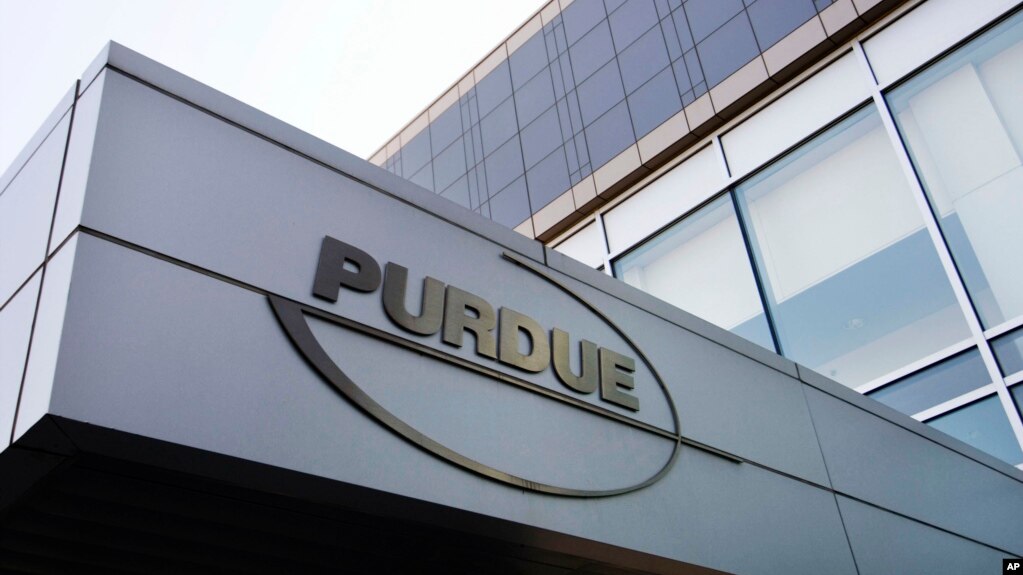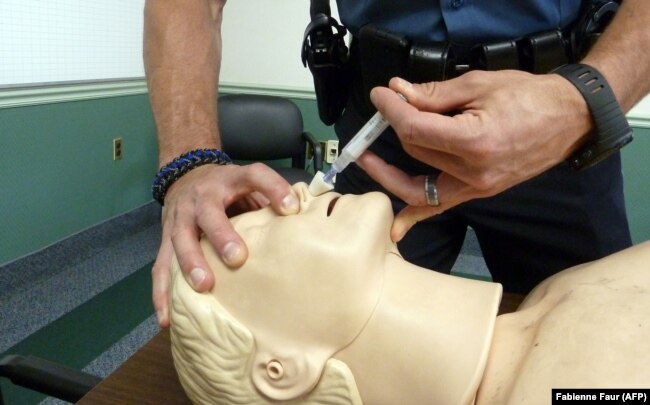Disir
Platinum Member
- Sep 30, 2011
- 28,003
- 9,607
- 910
The state of Ohio has sued five major drug manufacturers for their role in the opioid epidemic. In the lawsuit filed Wednesday, state Attorney General Mike DeWine alleges these five companies "helped unleash a health care crisis that has had far-reaching financial, social, and deadly consequences in the State of Ohio."
Named in the suit are:
Ok. I understand that to combat this is going to take a lot of money. I understand that these companies are the only ones that have that kind of money. I know all about the drug companies "sales" techniques. I hate the pharmaceutical industry for a plethora of reasons.
You can't just skip a couple of steps in the whole accountability thing because they have cash. You can't hold the addicts accountable for any thing because (sob) they are addicts. Now, you can't hold the doctors accountable because they were so inundated with advertisements?
Named in the suit are:
- Purdue Pharma
- Endo Health Solutions
- Teva Pharmaceutical Industries and subsidiary Cephalon
- Johnson & Johnson and subsidiary Janssen Pharmaceuticals
- Allergan
Ok. I understand that to combat this is going to take a lot of money. I understand that these companies are the only ones that have that kind of money. I know all about the drug companies "sales" techniques. I hate the pharmaceutical industry for a plethora of reasons.
You can't just skip a couple of steps in the whole accountability thing because they have cash. You can't hold the addicts accountable for any thing because (sob) they are addicts. Now, you can't hold the doctors accountable because they were so inundated with advertisements?




